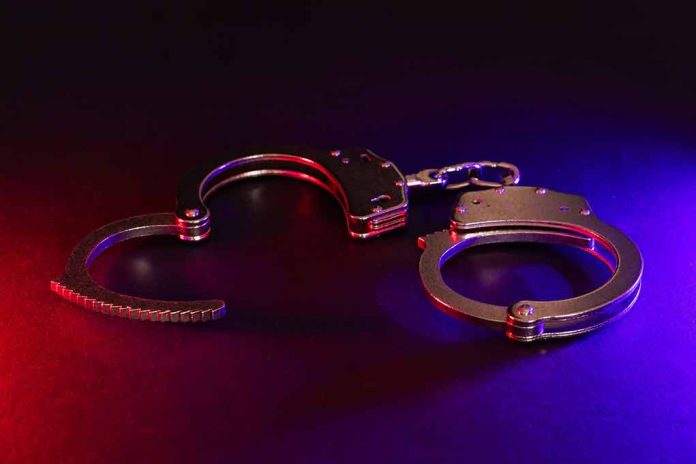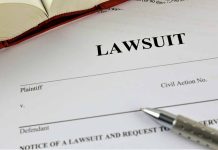
Telegram founder Pavel Durov’s arrest by French authorities raises questions about free speech, platform responsibility, and online content moderation.
At a Glance
- Pavel Durov, Telegram’s founder, was detained at Paris’s Bourget Airport on charges related to the platform’s lack of content moderation.
- Telegram, with over 900 million users, is known for its commitment to free speech and minimal oversight.
- The arrest has sparked controversy, with figures like Elon Musk calling for Durov’s release.
- The incident highlights the ongoing struggle between free speech and efforts to control harmful online content.
Durov’s Arrest and Its Implications
Pavel Durov, the founder of the popular messaging app Telegram, was taken into custody by French authorities at Le Bourget airport near Paris. The arrest, part of an investigation by OFMIN, a new French law enforcement office focused on preventing violence against minors, has sent shockwaves through the tech community and free speech advocates alike.
Telegram, founded in 2013, has grown to over 900 million users worldwide, particularly popular in countries like Russia, Ukraine, and India. The platform’s commitment to free speech and light oversight has made it a crucial tool for communication under authoritarian regimes. However, reports suggest this same lack of moderation has also led to the spread of disinformation, extremism, and harmful content.
Telegram Messaging App's CEO Arrested In France: Reports https://t.co/oJNlAeWSIc
— HuffPost (@HuffPost) August 25, 2024
The Charges and Reactions
Durov’s detention is related to allegations of Telegram’s role in the spread of illicit material, including money laundering, drug trafficking, and inappropriate content involving minors. The Russian Embassy in Paris has confirmed Durov’s detention and is in contact with his attorney. This incident has raised serious questions about the responsibility of tech executives for the content shared on their platforms. It has also drawn considerable attention and backlash from prominent figures and entities.
“Durov is not an ‘accomplice’ to the crimes committed by Telegram users,” said Leonid Volkov, a former adviser to Russian opposition leader Aleksei Navalny.
Telegram has defended its founder, calling the idea of holding him responsible for platform abuse “absurd.”
Elon Musk, owner of X (formerly Twitter), posted “#FreePavel” on his account, criticizing the arrest. Other prominent figures, including Robert F. Kennedy Jr., have also voiced their concerns about the implications of Durov’s detention.
This incident is seen as part of a broader crackdown on platform moderation, particularly in the European Union. Regulators have increased scrutiny of tech giants and enacted new laws to control online content. The arrest of Durov highlights the growing tension between preserving free expression and preventing the spread of harmful or illegal content online.
The Future of Online Speech and Platform Responsibility
As the world watches the unfolding situation with Pavel Durov, the incident raises critical questions about the future of online speech and the responsibilities of platform owners. The balance between protecting free expression and preventing criminal activities online remains a complex and contentious issue. The outcome of Durov’s case could have far-reaching implications for how social media and messaging platforms operate globally, potentially reshaping the landscape of online communication and content moderation.
Sources
- Telegram Becomes Free Speech Flashpoint After Founder’s Arrest
- Telegram messaging app CEO Durov arrested in France
- Telegram founder Pavel Durov detained in France

















